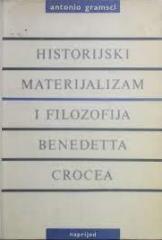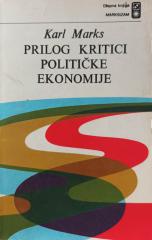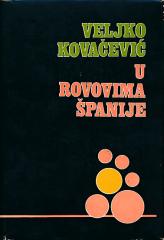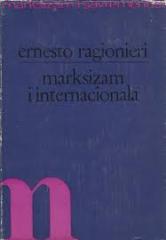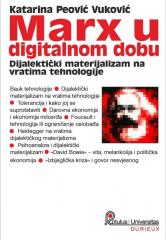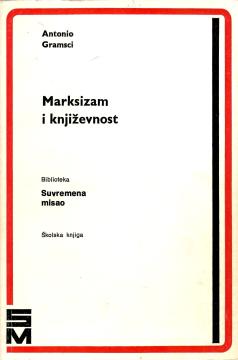
Marksizam i književnost
Antonio Gramsci, talijanski marksistički filozof, duboko je promišljao o ulozi kulture i književnosti u društvu. Radovi u ovom zborniku, u izboru Vjekoslava Mikecina, pružaju uvid u njegovu analizu odnosa između marksizma i književnosti.
Gramsci je uveo koncept kulturne hegemonije kako bi objasnio kako vladajuća klasa održava svoju dominaciju ne samo kroz političku i ekonomsku moć, već i kroz kontrolu kulturnih normi i vrijednosti. Književnost, kao dio kulturne sfere, igra ključnu ulogu u oblikovanju i održavanju tih vrijednosti. Prema Gramsciju, vladajuća klasa koristi književnost i umjetnost kako bi promovirala svoje ideje kao "zdravorazumske" i univerzalne, čime osigurava pristanak potlačenih klasa na postojeći poredak.
Gramsci je kritizirao redukcionistički pristup koji književnost promatra isključivo kroz prizmu ekonomskih faktora. Iako je priznavao važnost materijalnih uvjeta, smatrao je da književnost ima relativnu autonomiju i da kulturni elementi igraju ključnu ulogu u oblikovanju društvene svijesti.
Gramscijeva promišljanja o književnosti pružaju duboki uvid u kompleksan odnos između kulture, moći i društvene promjene. Njegov rad naglašava važnost književnosti kao sredstva za razumijevanje i potencijalnu transformaciju društvenih struktura, ističući ulogu intelektualaca u oblikovanju i izazivanju kulturne hegemonije.
Jedan primjerak je u ponudi
